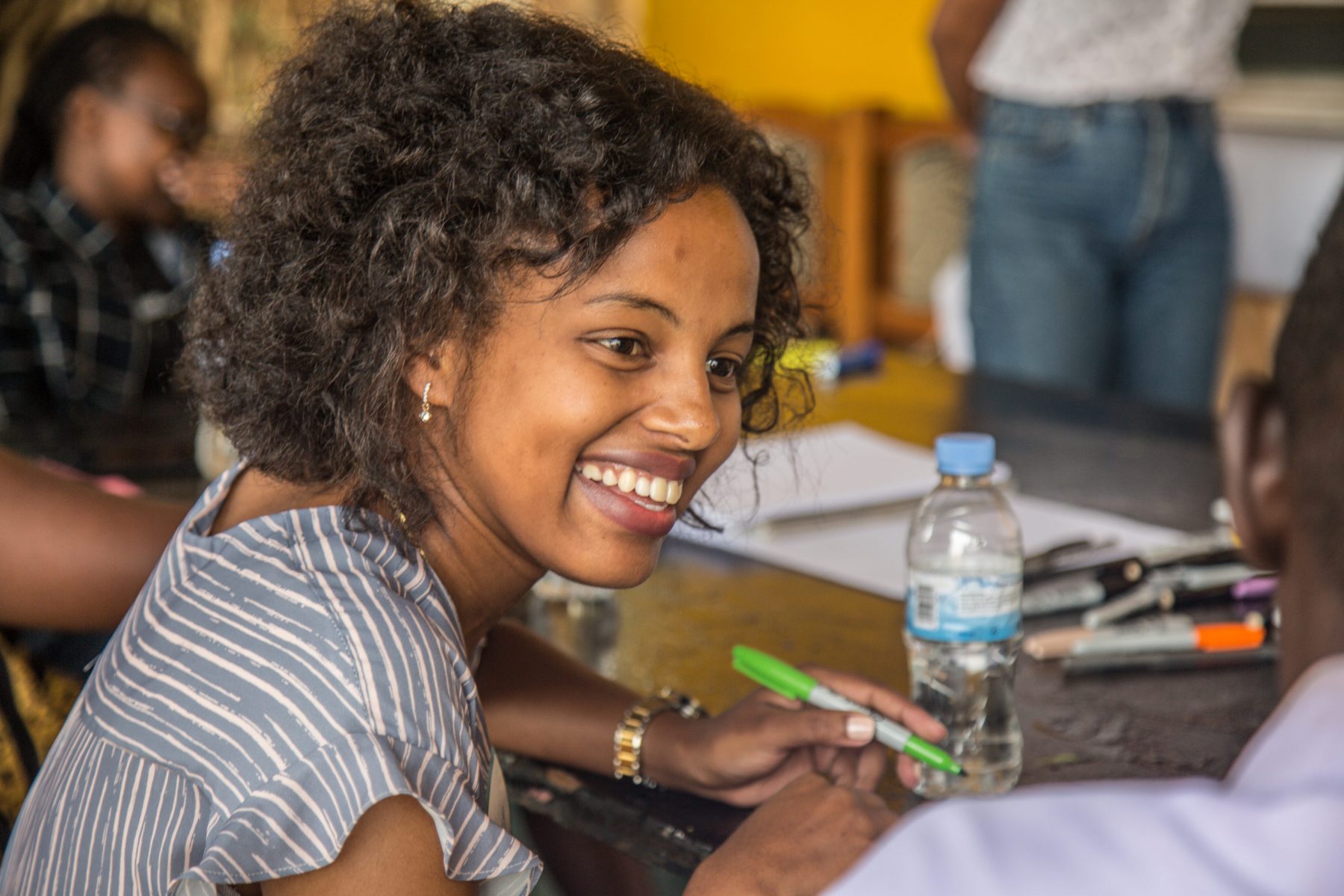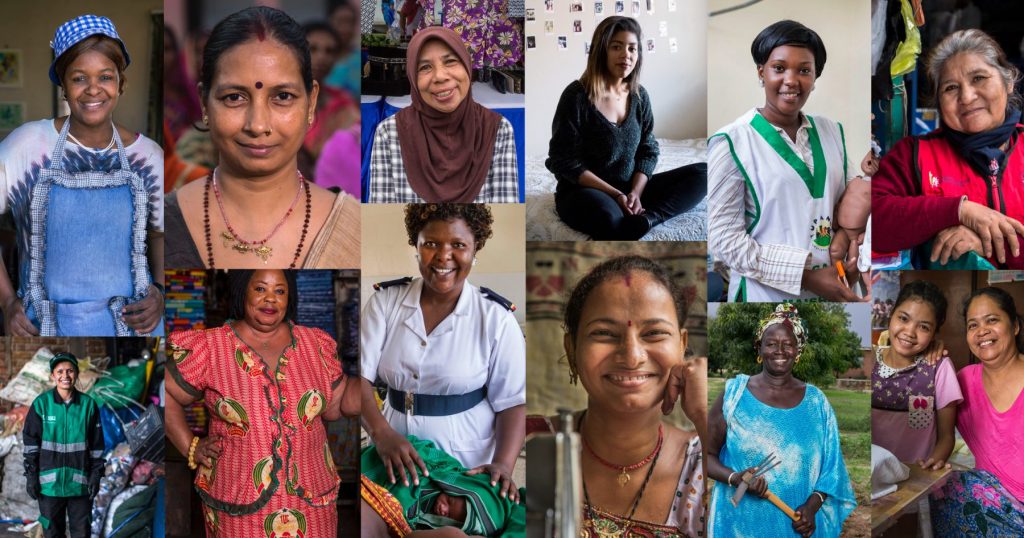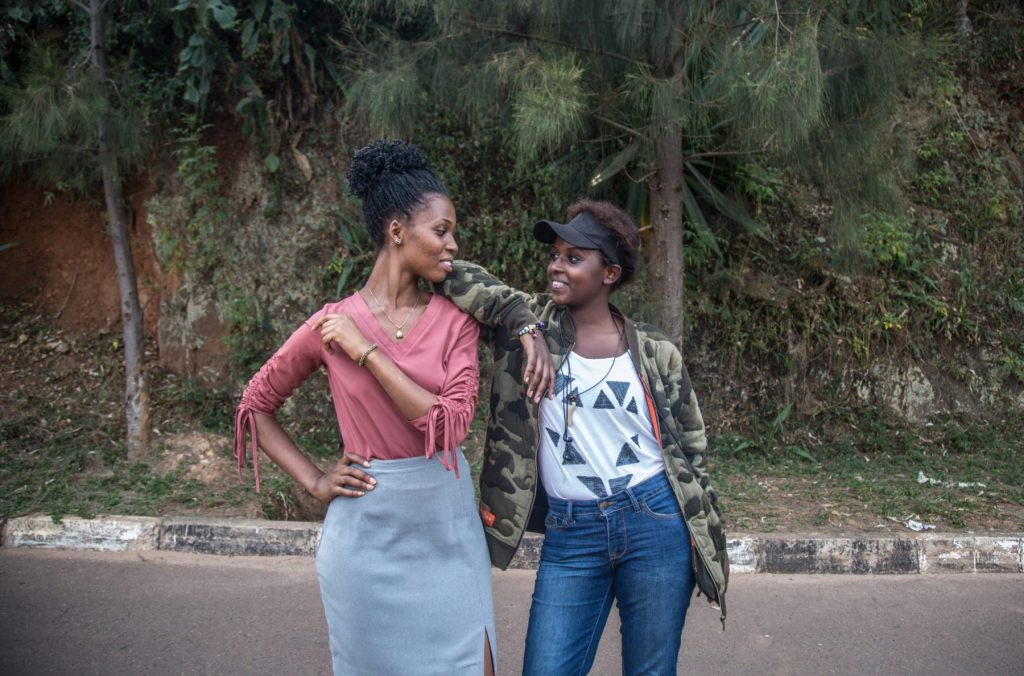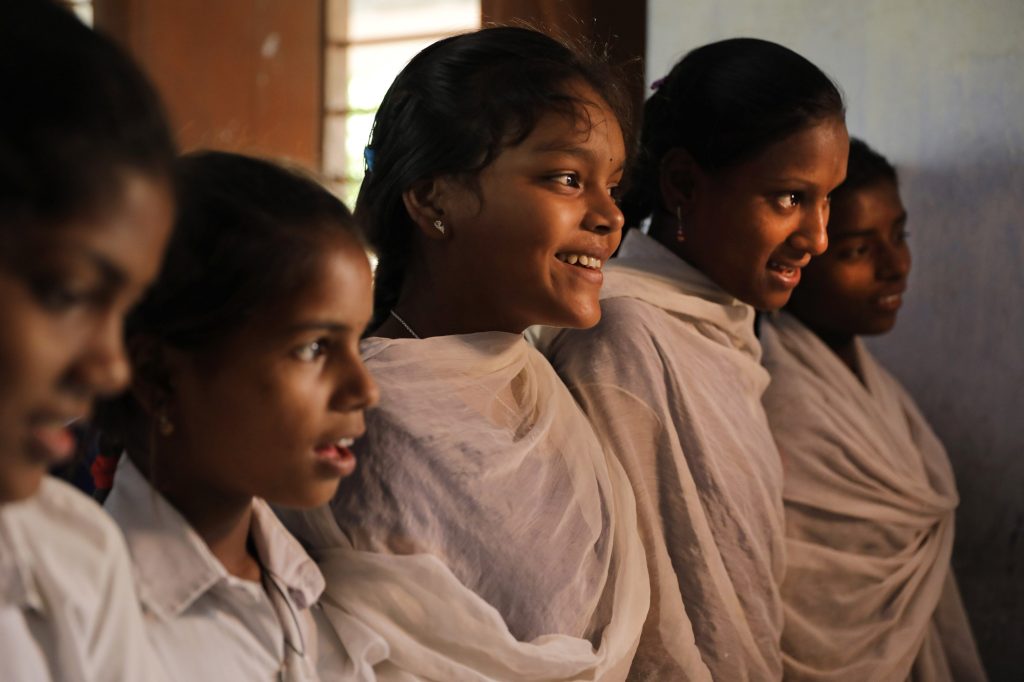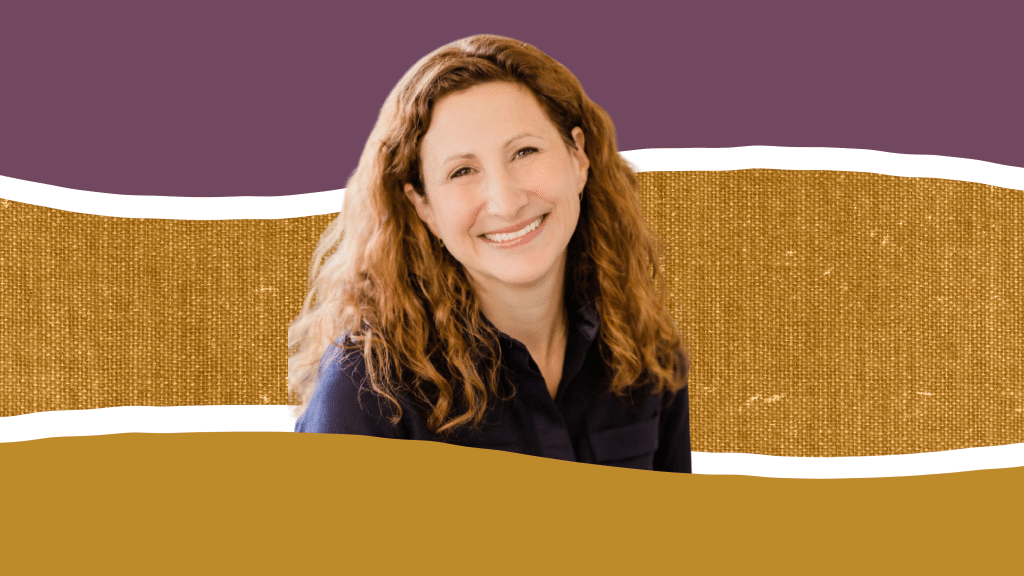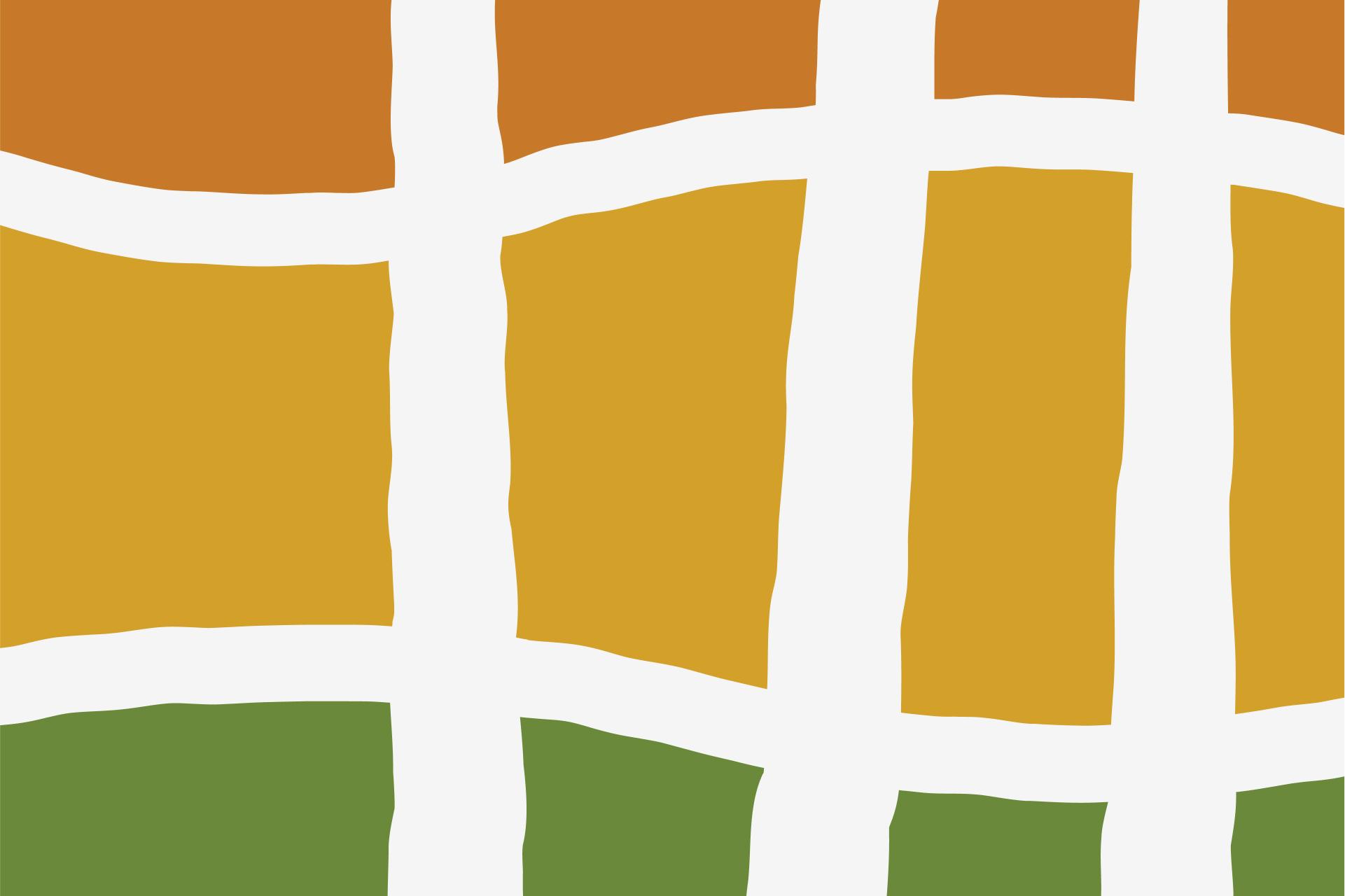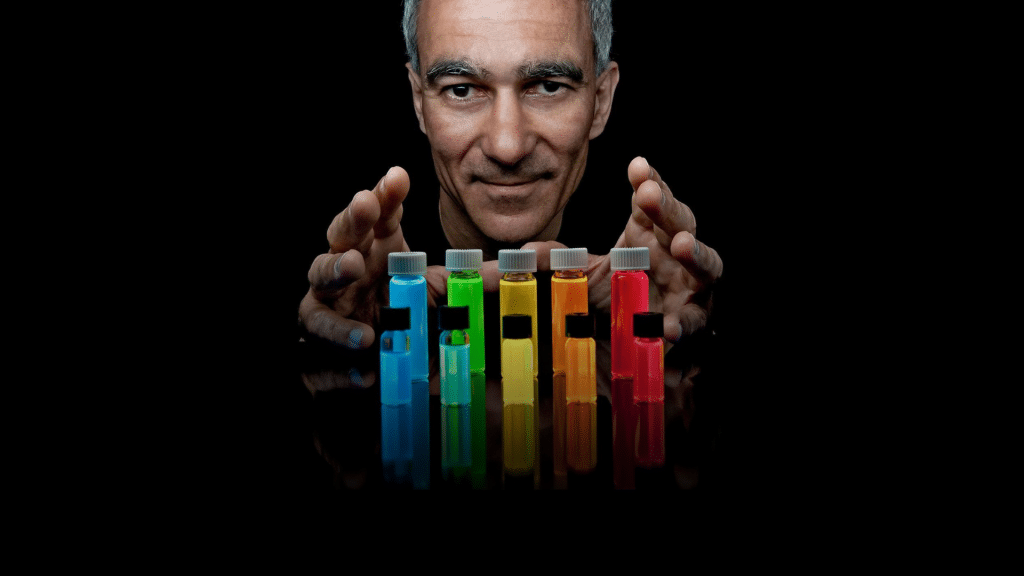Photography is a powerful medium for telling stories, yet too often nonprofits working on the most important issues of our time — like gender equality — don’t have affordable or easy access to high-quality, positive images to tell their stories and inspire action. Stock images that are most available often focus on poverty and need and reinforce gender stereotypes. We set out to create a global collection of images that more accurately depicts women as they are: in decision-making roles, working to earn income, providing and accessing reproductive health information and services, and caring for themselves and their families.
Today, we are delighted to launch a new Images of Empowerment stock photography website that offers nearly 2,000 high-quality images of women in Colombia, Ghana, India, Kenya, Peru, Rwanda, Senegal, South Africa, Thailand, Uganda, and the United States. The images are free of charge for nonprofits to use, and available for licensing to Getty Images’ global customer base of creative agencies, news organizations, and editorial clients. We hope you’ll browse the collection, view the images, and read the captions that tell you more about the individuals and organizations who opened their doors to us. Please share and use the images as you celebrate International Women’s Day on March 8 and the global push for gender equality and women’s rights.
Why was it created?
Images of Empowerment was created in 2015 with a grant from the William and Flora Hewlett Foundation’s Global Development and Population Program. Former Hewlett Foundation Program Officers Helena Choi and Margot Fahnestock were inspired by the award-winning partnership between Getty Images and LeanIn.Org to change women’s portrayal in stock photos. Choi and Fahnestock managed Hewlett’s grants to expand women’s opportunities to earn an income and decide whether and when to have a family. They approached Getty Images to create a new partnership to tell the important story of women’s lives in sub-Saharan Africa through powerful, positive images.
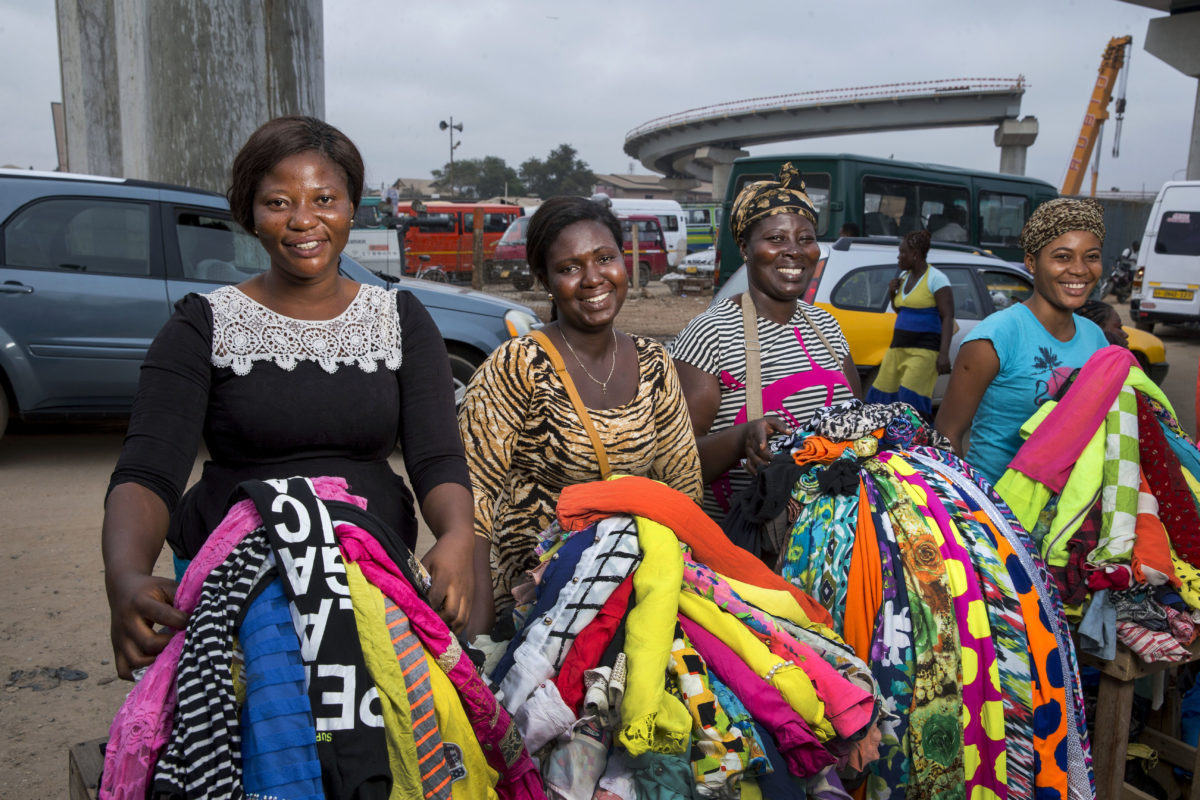
“These high-quality images will help nonprofits working on women’s issues to tell their story more effectively,” said Choi when the collection was launched. “And they will educate and inspire people who are accustomed to only seeing the challenges facing women in Africa.” The first set of photographs were taken in Kenya, Senegal, and Uganda and show women accessing reproductive health information and services. A second set of photographs was created in 2017 with Getty Images and the nonprofit organization Women in Informal Employment: Globalizing and Organizing (WIEGO). They focus on women’s informal work — cleaning homes, collecting recyclables, sewing garments, and selling goods in local markets — in Colombia, Ghana, India, Peru, South Africa, and Thailand. The photographs were taken by Getty Images’ photographers Jonathan Torgovnik, Paula Bronstein, and Juan Arredondo.
Beginning in 2018, the David and Lucile Packard Foundation added hundreds of photographs to the collection from Bihar, India and from Louisiana and Mississippi in the United States, taken by documentary photographers Nina Robinson and Paula Bronstein in partnership with Getty Images. The organizations and individuals featured in these collections are at the nexus of quality reproductive health information and services, including family planning, contraceptive choices, safe abortion care, and sexual health education for women and youth.
“These are images of strong, real women and girls, who are challenging society’s perception of them and their abilities,” said Tamara Kreinin, Director of Population and Reproductive Health at the Packard Foundation. “These photos show the world that women and girls from India to the U.S. are defining their own destiny, empowered to make choices that are best for them.”
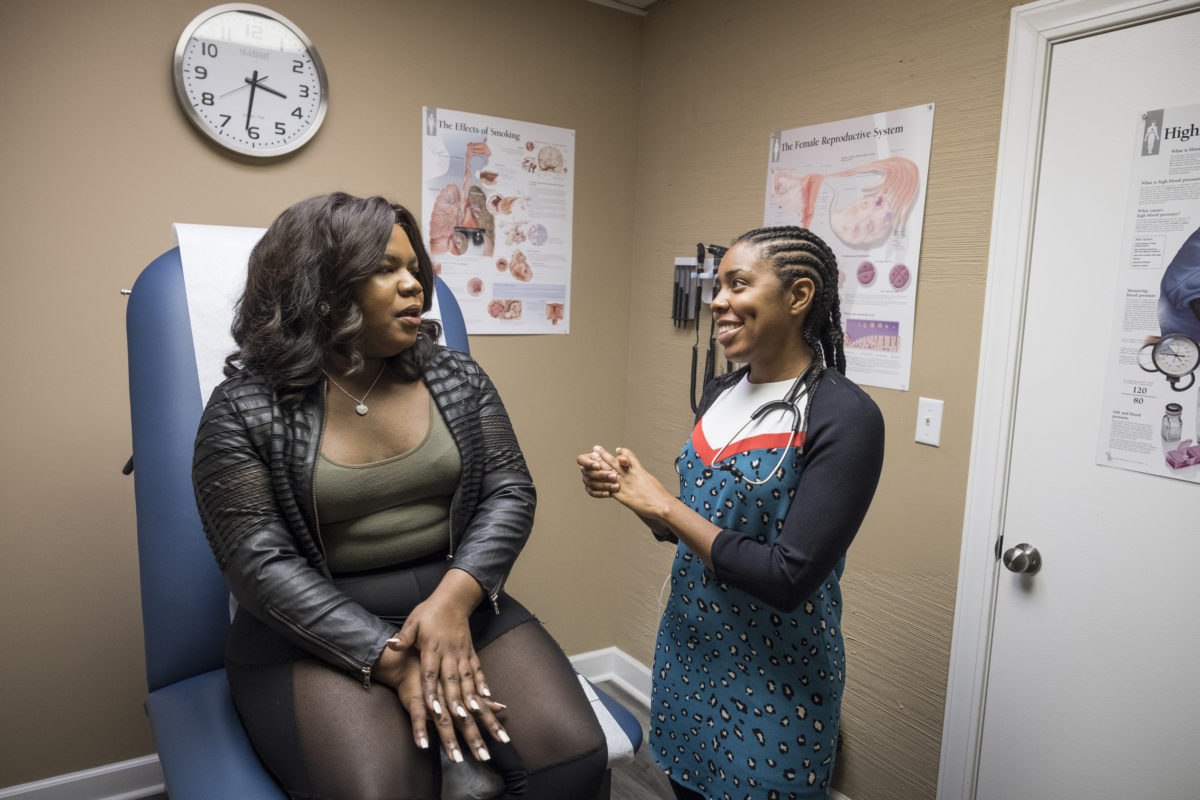
What’s new?
The newest set of images is from Rwanda and shows organizations supported by the Packard Foundation that are working to ensure quality sexual and reproductive health information and services reach all who need them. The collection highlights the essential role of young people in defining, designing, and advocating for quality sexual and reproductive health information and services that meet their specific needs. It also captures the role of service providers and the importance of the client-provider relationship in ensuring that women and families receive accurate, unbiased information — as well as a variety of contraceptive method choices — in a private setting.
Thanks to creative digital design firm Visceral, Images of Empowerment also has a new website that functions much more effectively as a searchable and usable stock photography site. It allows users to search and download pictures from the collections by keyword, country, and whether the images depict women’s work or reproductive health information and services. Each photo has detailed captions that identify the individuals in the pictures and provides additional context. The website has new tools to help share the images on Twitter, Instagram, Facebook, and other social media. There are also videos that accompany each collection and share the photographers’ experiences.
What do the rest of the photographs show?
The images show the connection between women’s economic opportunities and reproductive health in 11 countries around the world: Colombia, Ghana, India, Kenya, Peru, Rwanda, Senegal, South Africa, Thailand, Uganda, and the United States. They show women as active participants in their communities, accessing and providing quality reproductive health information and services, and advocating for better working conditions.
Several nonprofit organizations that receive grants from the Hewlett Foundation and the Packard Foundation are in the photographs. The most recent collections include the Health Development Initiative, Imbuto Foundation, Kasha, Medical Students for Choice, Youth Development Labs, Teen Health Mississippi, and Women in Informal Employment: Globalizing and Organizing (WIEGO).
How can you use the photographs?
All photographs are available — free of charge — to non-commercial users thanks to Creative Commons licensing (CC-BY-NC 4.0). The photos are also available for licensing to Getty Images’ global customer base of creative agencies, businesses, news organizations, and other editorial clients.
Since the collection launched in 2015, we’ve seen the images used by dozens of nonprofits, at major international conferences like Women Deliver, and by media including the New York Times, Vox, and the Guardian. We’re excited that the new site makes it easier to find and use the images. And now there is a way you can tell us how you are using them directly: share your story here.
****
We are enormously grateful to Kristen Carriker at the Hewlett Foundation and Amanda Guslani and Sara Elkin at the Packard Foundation for helping these images reach a global audience so nonprofits working to advance women’s rights and opportunities around the world can use them. Thanks, too, to all of our partners at Getty Images, Creative Commons, the nonprofit organizations whose work is shown in the pictures, and above all, to the individuals who agreed to be photographed and share their stories.
We hope you will take a moment to look through the photographs, learn about the people and the work they show, and use the images in your own efforts to tell the story of individual women, our common experiences, and our collective push to create a more gender equal world.
Emily Bosworth is a Communications Officer for the David and Lucile Packard Foundation’s Population and Reproductive Health and Climate programs. Sarah Jane Staats is the Communications Officer for the William and Flora Hewlett Foundation’s Global Development and Population Program.

